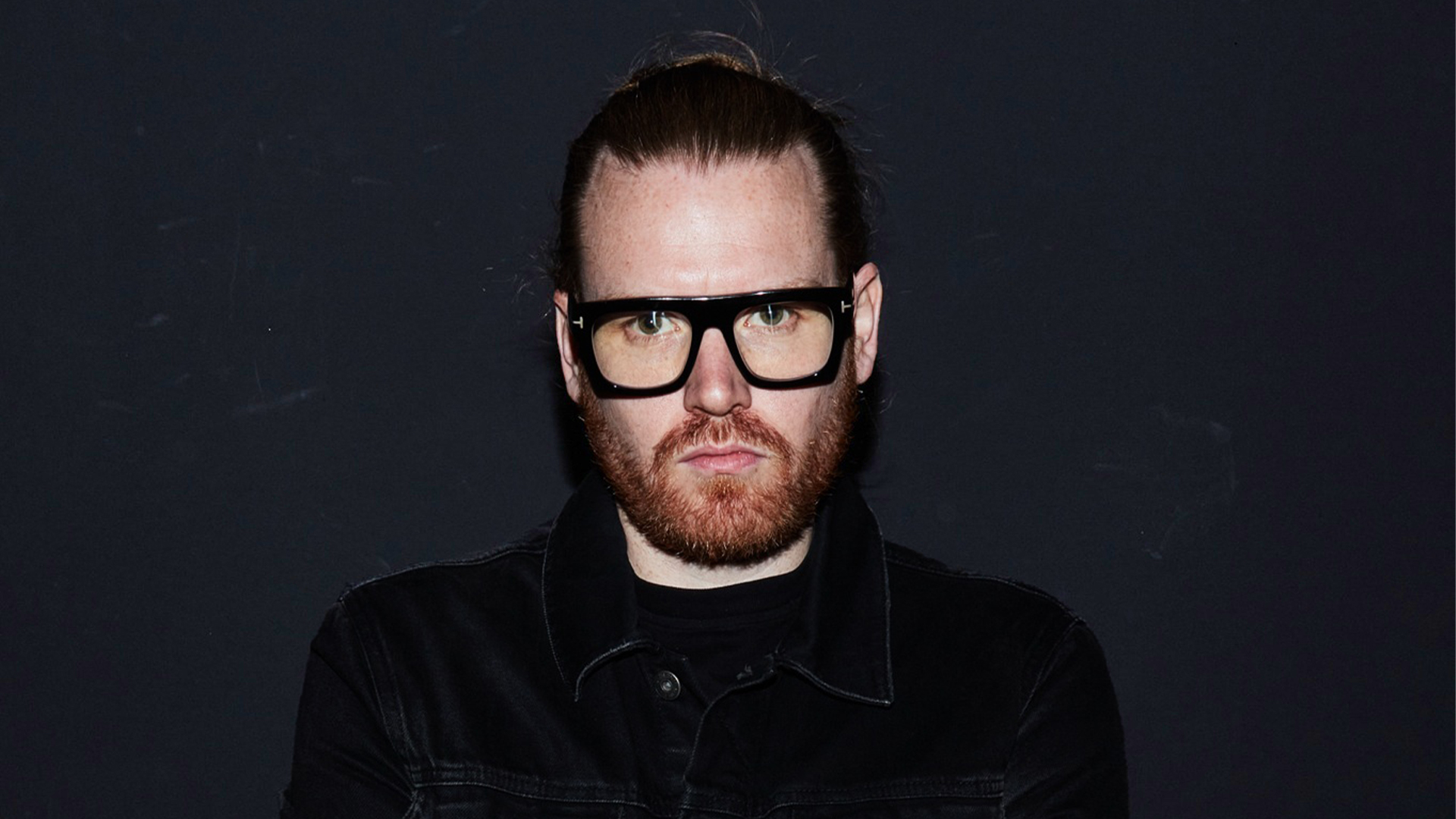I'm scared GTA 6’s predicted $7.6 billion success could hurt the games I love
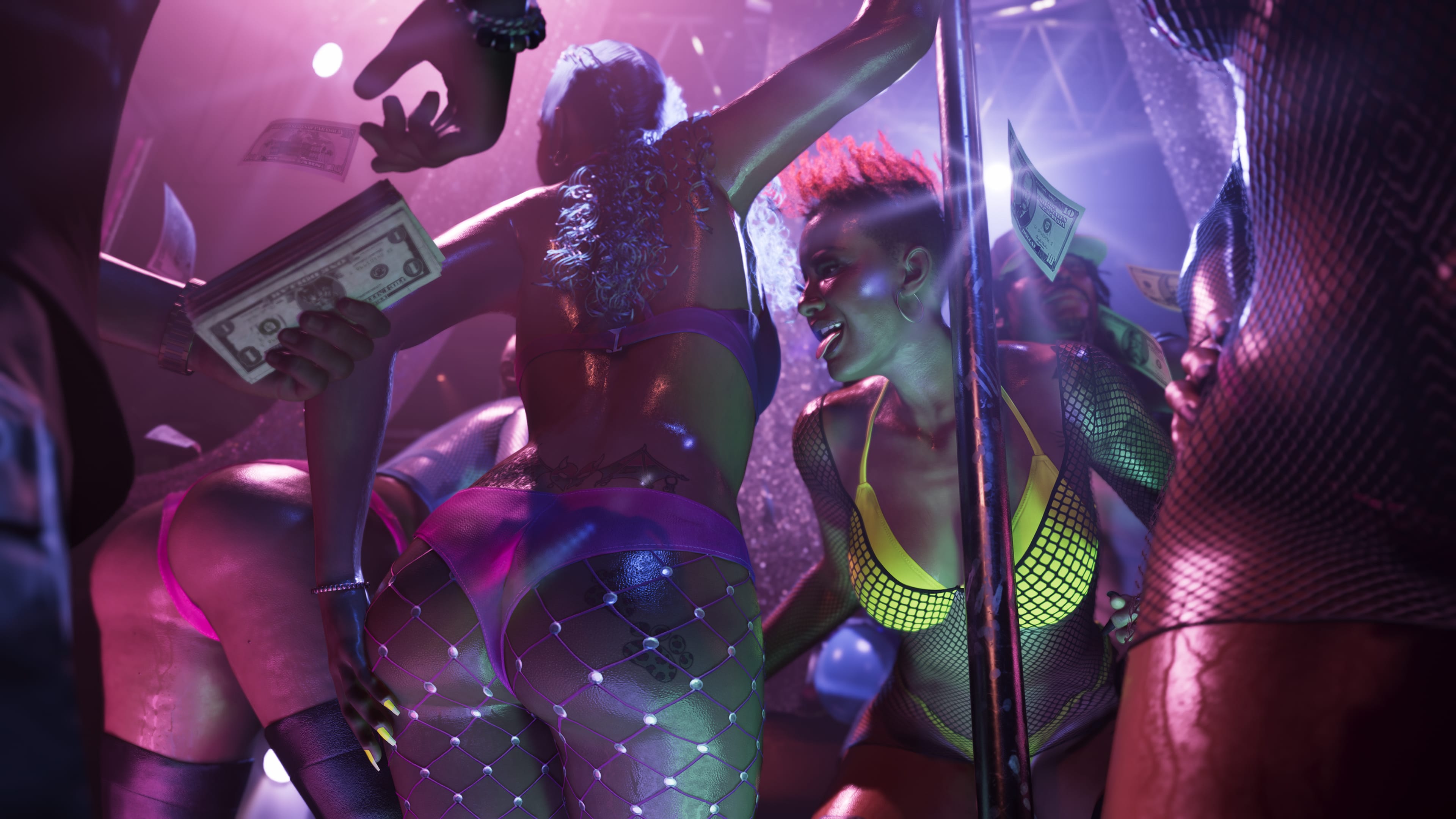
Sign up to Creative Bloq's daily newsletter, which brings you the latest news and inspiration from the worlds of art, design and technology.
You are now subscribed
Your newsletter sign-up was successful
Want to add more newsletters?
The prediction that GTA 6 could make $7.6 billion in its first 60 days is an eye-watering figure that made me drop everything and think about what this means. Like everyone else, I've gawked at the GTA 6 trailers with wonder and admiration, but this game's release could be an issue for every studio that isn't Rockstar.
When Grand Theft Auto VI eventually releases, now set for 26 May 2026, investment and analytics company Konvoy has made the prediction it’ll earn the same GDP as a small country. It's a staggering figure when you consider GTA V has reportedly earned $9.54 billion since its launch in September 2013 – a huge number, but it took over a decade to get there.
And yet, while the headlines will shout “record-breaking,” I can’t help but see this not as a triumph, but as a warning, a bright and unmissable distress flare launching over a games industry already suffering layoffs and budgeting issues.
Don’t get me wrong: Rockstar’s craft is undeniable. The team is one of the most artistically ambitious in the industry. GTA V was not just a blockbuster but a genuine leap forward in open-world design, storytelling, and online game design. The anticipation for its sequel is palpable and, frankly, deserved. But a prediction like $7.6 billion in two months isn’t just about talent, hard work, long hours, and artistry; it’s about scale and dominance.
And that should make every game developer and game fan pause, because such a figure has ramifications. We've already heard how many publishers fear the release of GTA 6 and are considering pausing releases to avoid the first storm, to dodge getting lost in the hype. But I can't help feeling it's broader, bigger than just that.
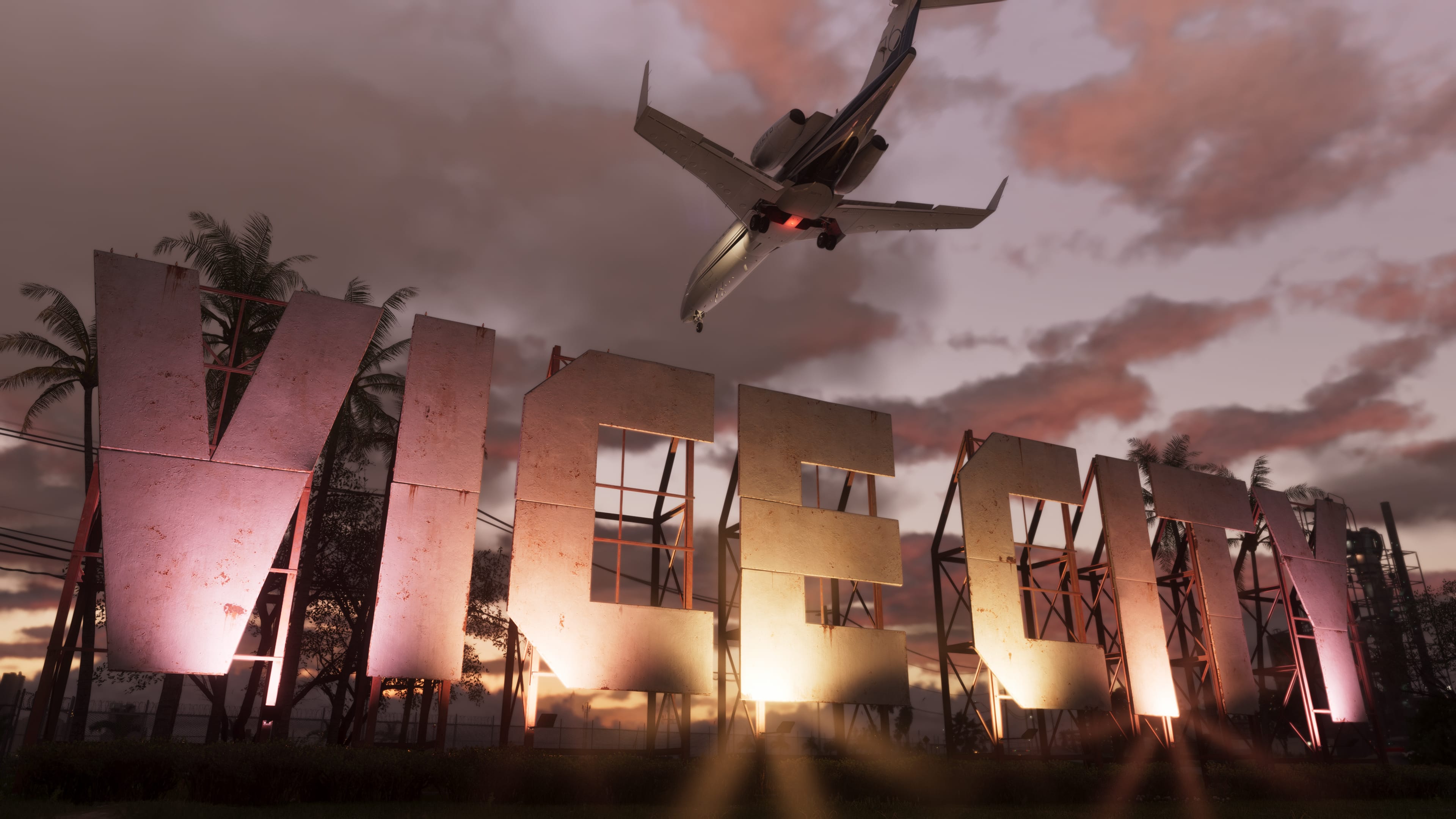
The danger of one game ruling them all
The problem is that earnings like this don’t exist in isolation. Massive profits can warp the entire creative ecosystem, as we saw with the success of Fortnite and PUBG. But while those were unexpected viral successes, GTA 6 is predictable. If one game can generate more than the entire annual revenue of the global indie scene in just a few weeks, publishers and investors will chase that lightning, trying to bottle it, replicate it, on the cheap. Risky ideas? Niche art styles? Experimental mechanics? Not if they don’t look like a new GTA 6. (The 2027 'GTA 6 beater' headlines are already being honed.)
This isn’t a new trend, of course. We’ve been living under the shadow of live service games, battle royales, and cinematic action-RPGs for years now, all genres shaped by what’s most commercially successful. The failings of Suicide Squad Kill The Justice League and Concord are footnotes too few publishers will take notice of when GTA 6's success is dangled over their profit sheets. GTA 6’s predicted dominance could solidify the idea that nothing else matters. To make games, you must make this kind of game.
Sign up to Creative Bloq's daily newsletter, which brings you the latest news and inspiration from the worlds of art, design and technology.
This isn't Rockstar's fault directly; the developer is a world-leader at this kind of game, of pouring time and effort into making genre-defining open worlds, and parent company Take-Two Interactive has sunk a reported $2 billion into making it. But the industry's increasing gravitational pull toward one-size-fits-all mega-games, or AAAA games as Ubisoft called them, risks turning gaming into a monoculture. Do we want to play just GTA 6, and its clones for the next decade?
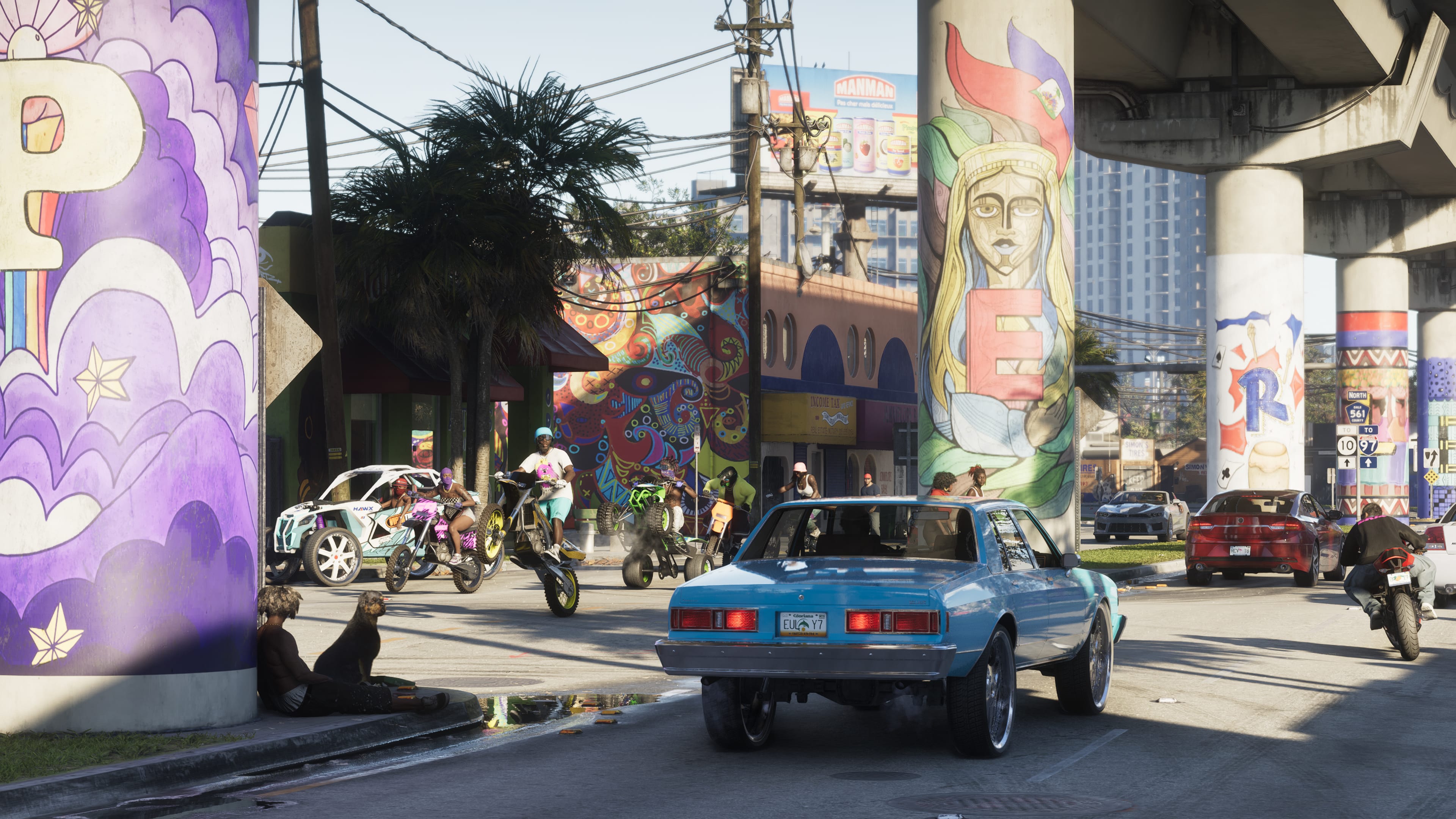
A loss of style, story, and scope?
What’s worse, this obsession with 'the next billion-dollar game' could sap oxygen from the kind of titles that push gaming forward. We’ve seen it already, brilliant, genre-defining games like Wanderstop and Citizen Sleeper 2 struggle to compete for attention in a space increasingly dominated by ever-bigger blockbusters. The fact that Astro Bot and Balatro won at last year's Game Awards probably won't have changed thinking.
Visual diversity suffers too. Just look at how many AAA games now share the same moody colour palettes, hyperrealistic facial rigs, and open-world bloat. Some may say it's the fault of too many Unreal Engine games, but in truth, the risk is that art direction, that special creative sauce that makes a game unique, becomes secondary to market expectations.
GTA 6, on release, may be a vast, gorgeous, and satirically sharp game, but its success could become another reason why everything else gets squeezed out.

Creativity shouldn't be measured in billions
There’s also a psychological impact here. When we, as fans or as developers, begin to believe that a game’s value is measured in the billions, we lose something. We stop celebrating the weird, the small, the personal. We stop seeing games as culture or art, and start seeing them only as numbers on a spreadsheet. We're to blame too, social media is awash with hyping and criticising a game's player count or profit, where once we discussed gameplay.
That doesn’t mean GTA 6 won’t be fun, original, and inventive. It almost certainly will be. But I hope its record-breaking success doesn’t come at the cost of the things that make gaming the thing I've loved for 40 years; an art form (yes, I said it) that's historically vibrant, diverse in thought, visuals, and voices. I hope the next Split Fiction, Blue Prince, or Clair Obscur: Expedition 33 won't be elbowed out of view by a rush to find another billion-dollar GTA-like.
So, here's the rub: a billion-dollar game is fine, indeed, GTA 6 will inspire, share new ways to make games and usher in new technology. But a multi-billion-dollar game that becomes the only kind of game that matters? That’s a problem.
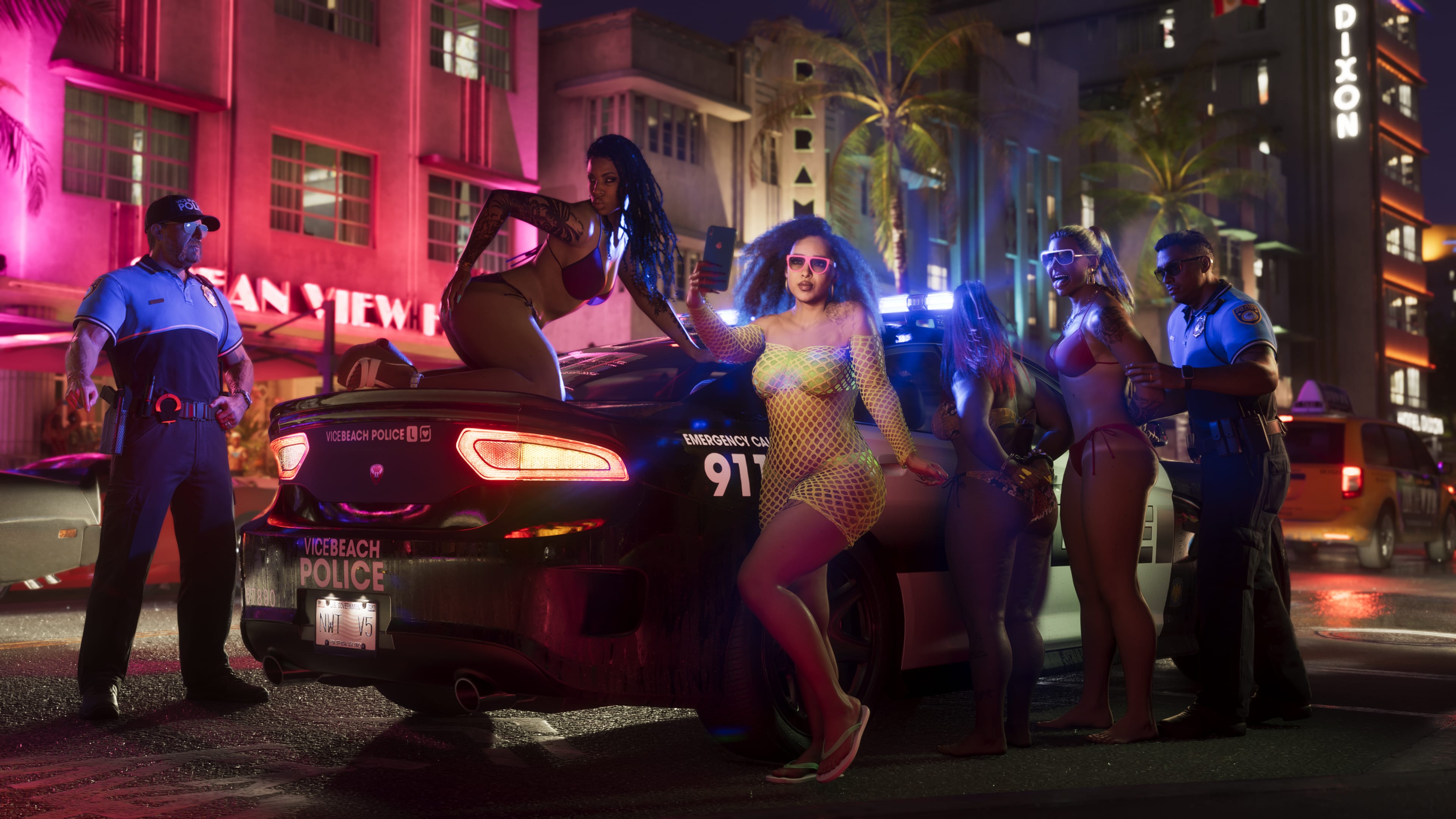
Read interviews and features on the best new and upcoming indie games for alternatives to blockbusters like GTA 6.

Ian Dean is Editor, Digital Arts & 3D at Creative Bloq, and the former editor of many leading magazines. These titles included ImagineFX, 3D World and video game titles Play and Official PlayStation Magazine. Ian launched Xbox magazine X360 and edited PlayStation World. For Creative Bloq, Ian combines his experiences to bring the latest news on digital art, VFX and video games and tech, and in his spare time he doodles in Procreate, ArtRage, and Rebelle while finding time to play Xbox and PS5.
You must confirm your public display name before commenting
Please logout and then login again, you will then be prompted to enter your display name.
